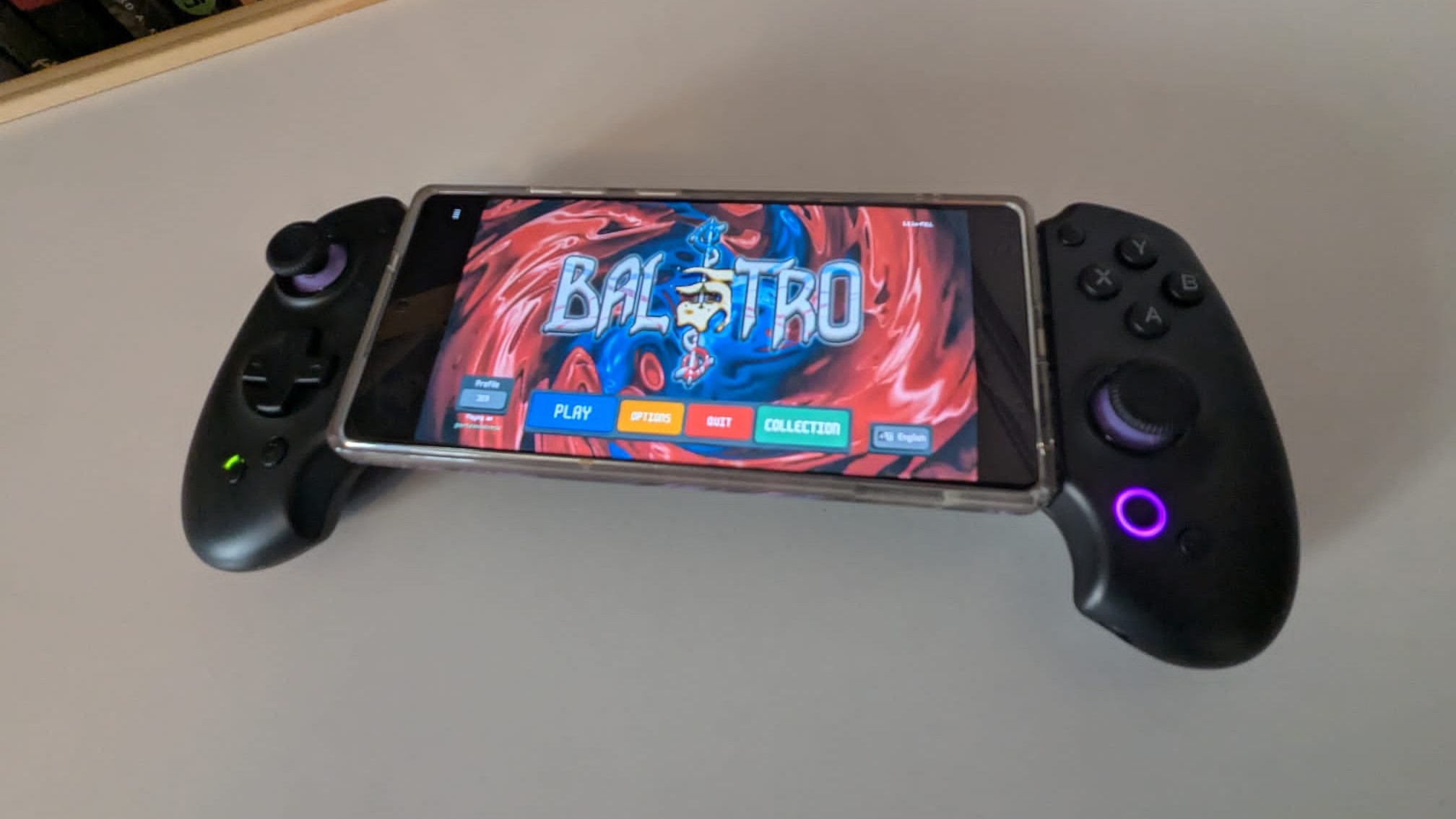Is your PC getting the Windows 10 November 2021 Update right away?
The November 2021 Update has been released as an optional update, and here's how the rollout will go.
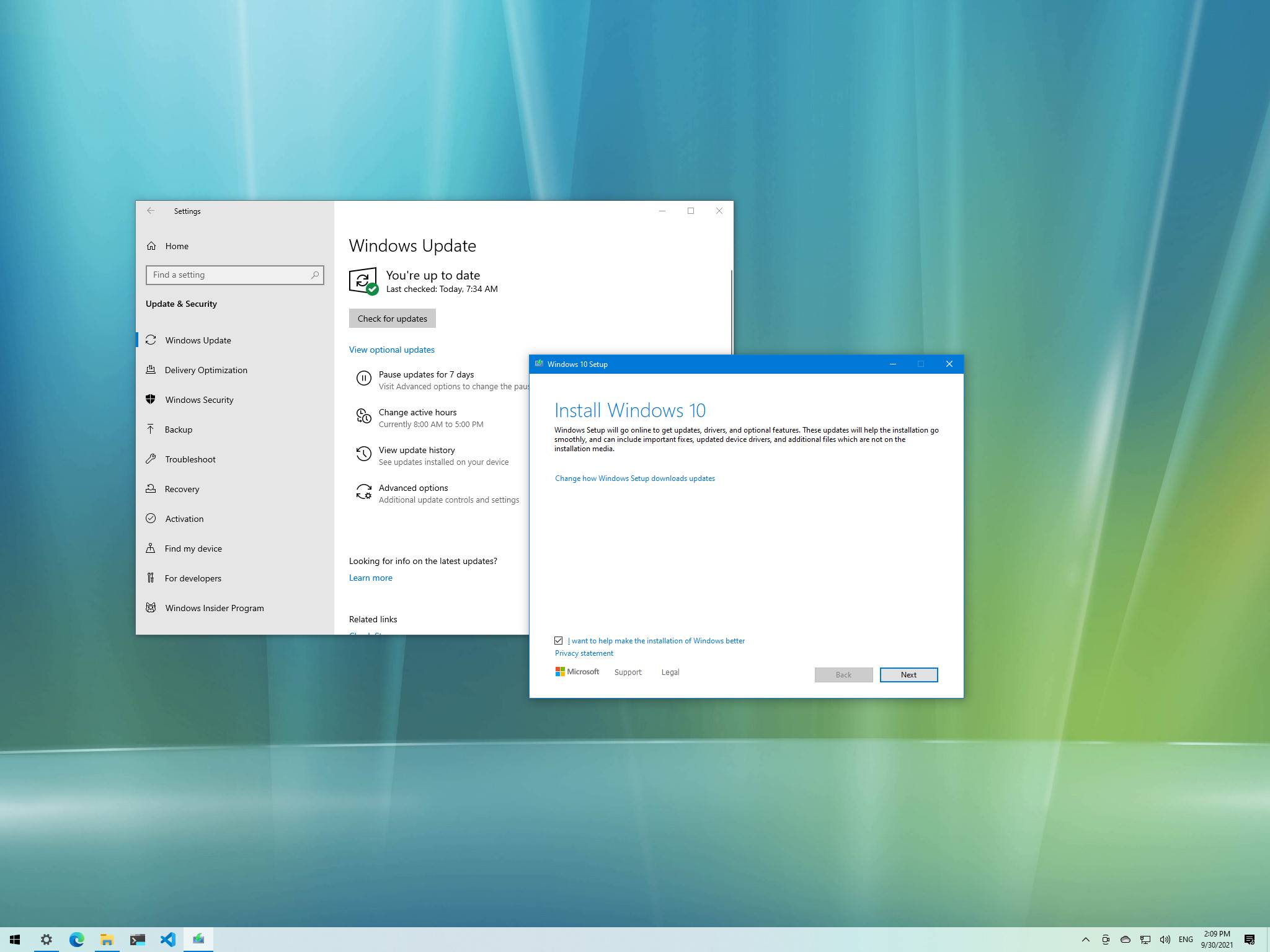
Alongside the release of Windows 11, Microsoft is also making available the Windows 10 November 2021 Update (version 21H2) starting Nov. 16. The rollout of this new update marks the twelfth refresh for laptops and desktop computers, and it's another minor update designed to improve the overall experience.
However, this rollout will be different because not every device will need to install this update. The company is only making available the November 2021 Update for incompatible devices and people not ready to upgrade to Windows 11. Also, this is not a big update. Instead, it's an update that will ship with a small scope of changes and improvements and no new features.
Since this is still a feature update based on the May 2020 Update (version 2004), it will be offered as a cumulative update for devices already using version 2004, 20H2, or 21H1. The upgrade will require complete reinstallation on laptops and desktops running version 1909 (November 2019 Update) or older. The only caveat is that the new update will roll out slowly, which means that initially, not every computer will be able to install it.
In this Windows 10 guide, we will share the details on how Microsoft plans to roll out the November 2021 Update.
What PCs are initially getting the November 2021 Update?
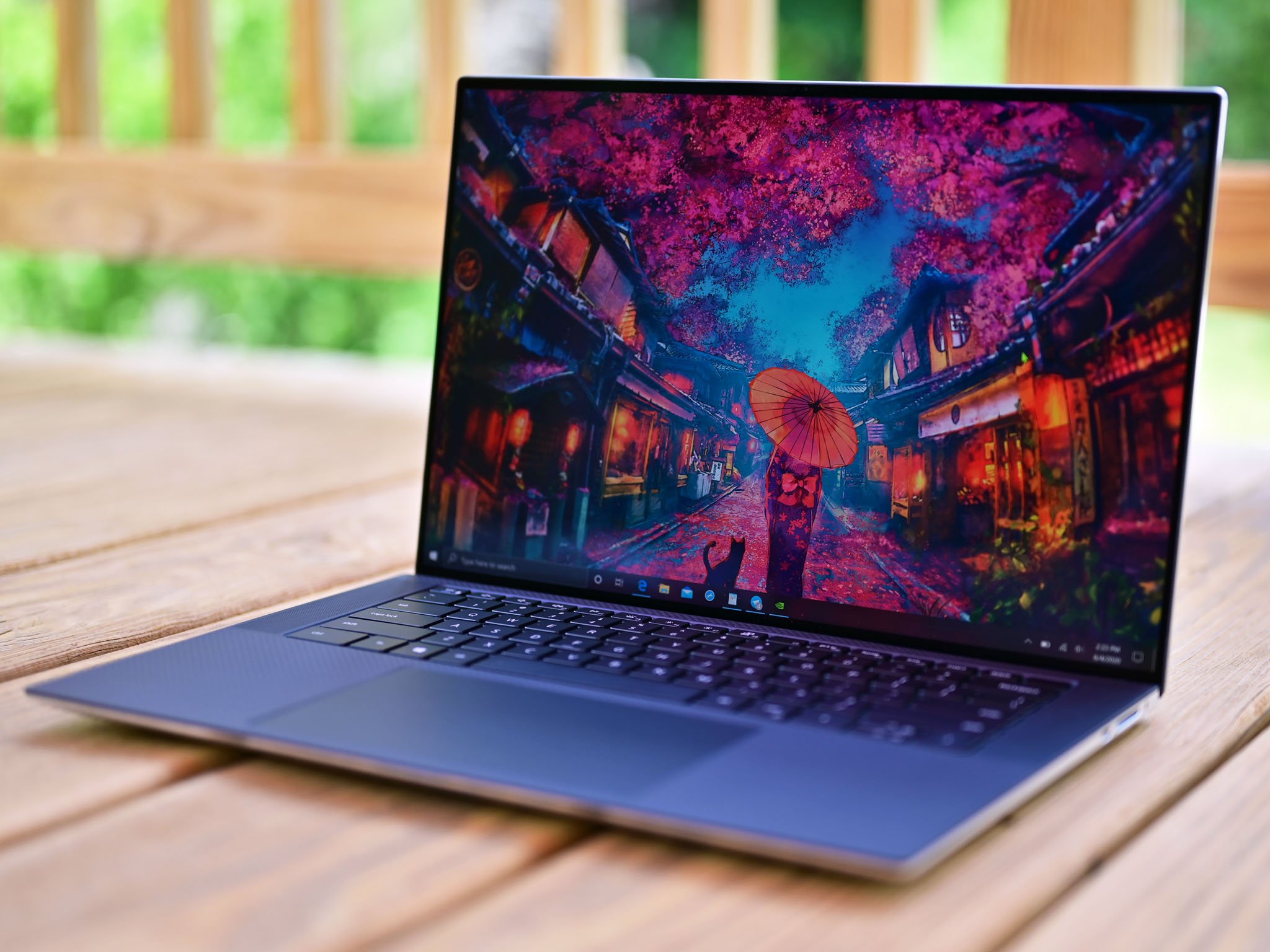
On Nov. 16, 2021, similar to previous rollouts, Microsoft will be using Machine Learning (ML) and Artificial Intelligence (AI) to begin the process to update those devices that are known to have a smooth upgrade experience. However, unlike previous releases, the version will be offered differently. For example, if the device is compatible with Windows 11, a notification to install the most advanced version will be offered through Windows Update. If you are comfortable using Windows 10, you can choose the "Stay on Windows 10 for now" option, at which point version 21H2 will be offered automatically.
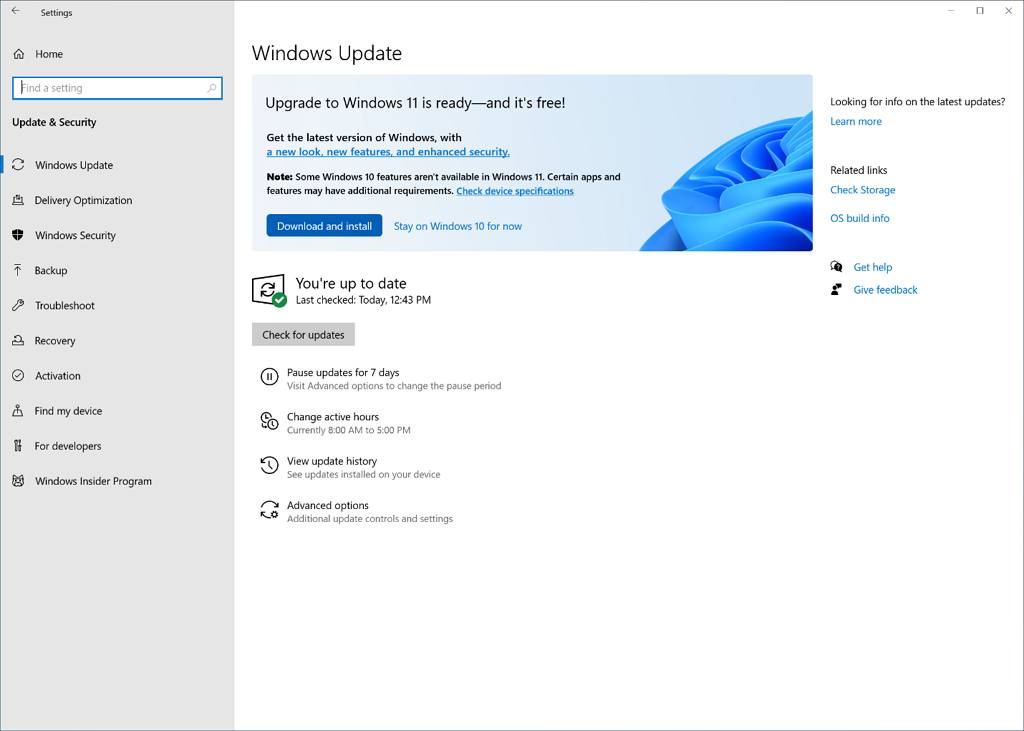
In case the laptop or desktop computer does not meet the minimum requirements to install Windows 11, the Windows 10 November 2021 Update will be offered instead. In either case, the install will be optional since Microsoft no longer forces new versions of Windows automatically unless the version on the device is nearing the end of service.
As usual, the deployment will begin with computers featuring newer hardware, and over time, the update will expand to other devices. However, many other factors may affect availability. For example, it could be a problem with hardware or peripherals, incompatible drivers, apps, security software (such as third-party antivirus), and the device's location.
Get the Windows Central Newsletter
All the latest news, reviews, and guides for Windows and Xbox diehards.
The installation process will also depend on the current setup. For example, if the computer has version 2004, 20H2, or 21H1, only an enablement package is required to activate the new changes. This means that the installation will be similar to the one when applying a monthly update. On the other hand, if the computer has an older version, the experience will require complete reinstallation.
Although you will have the option to upgrade manually, computers nearing the end of service will eventually receive version 21H2 automatically through Windows Update. However, this does not happen immediately after the update. Usually, it takes weeks or months before Microsoft begins the rollout of a feature update automatically.
Can I force the upgrade to the November 2021 Update?
Yes, you can upgrade when it becomes available, but it's recommended to wait until you automatically receive the notification. If you want to upgrade without waiting, you can use the Media Creation Tool or the Update Assistant.
In case you plan to upgrade manually, you should know that for devices using anything above the May 2021 Update, the best option is to use Windows Update. The reason is that through Windows Update, the update will take only a small download and a few minutes. If you use the Media Creation Tool or Update Assistant, then a reinstallation of the system will occur, which could cause more problems and waste more time.
The update tool is only recommended if you want to start fresh with a new setup or the device has an older version of Windows.
Update Assistant
The Update Assistant is a tool that Microsoft created to upgrade a computer when Windows Update is not working. However, you can use it to install the November 2021 Update.
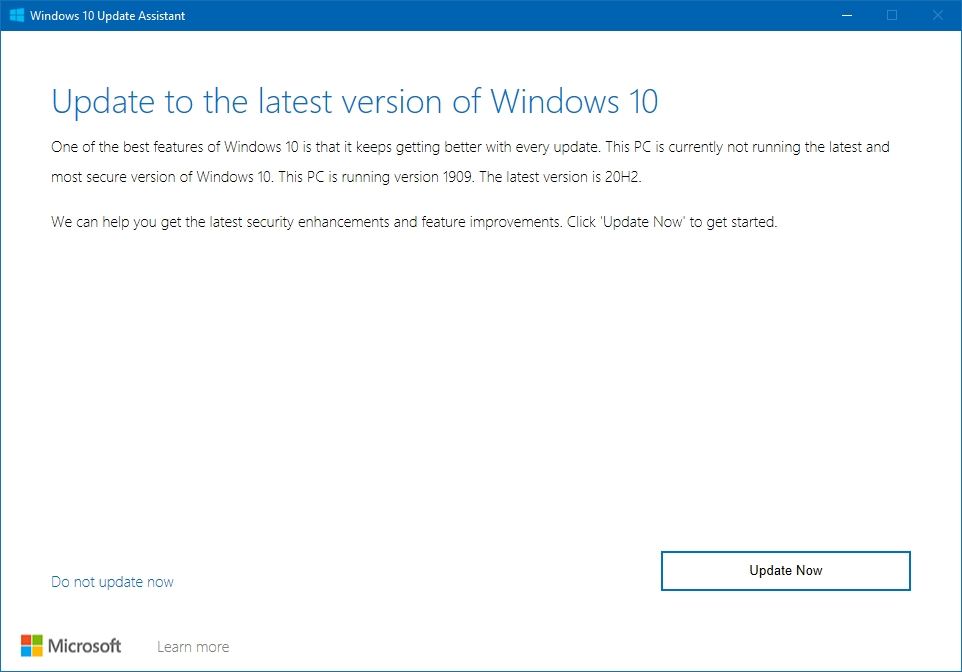
Once the new version becomes available, you can use the Update now button in the Microsoft support website to get the tool. Then the only thing you need to do is to click the Update now button to proceed with the upgrade.
Media Creation Tool
On the other hand, the Media Creation Tool is similar to the Update Assistant, but the only difference is that you can use the tool to perform an in-place upgrade or clean installation of Windows 10.
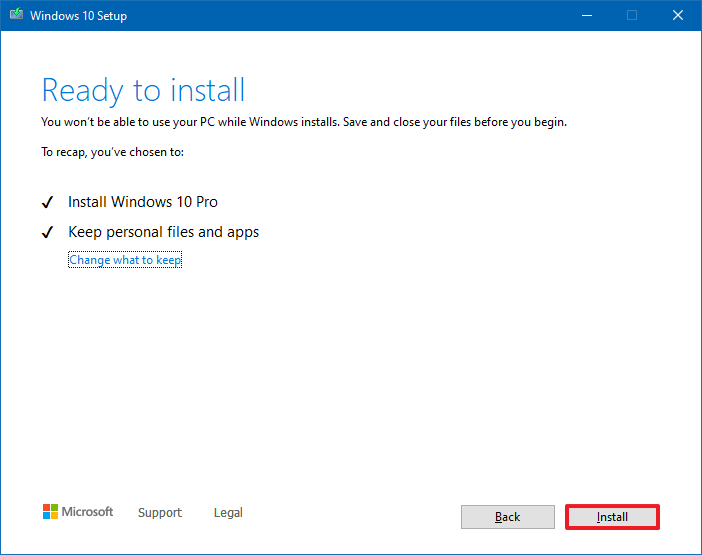
You can always download the Media Creation Tool from this Microsoft website and clicking the Download tool button. Then double-click the file, continue with the on-screen directions, select the Upgrade this PC option, and click the Install button.
Whether you choose to Media Creation Tool or Update Assistant, you should always create a temporary backup in case you need to roll back or restore your files.
More resources
For more helpful articles, coverage, and answers to common questions about Windows 10 and Windows 11, visit the following resources:
Mauro Huculak has been a Windows How-To Expert contributor for WindowsCentral.com for nearly a decade and has over 15 years of experience writing comprehensive guides. He also has an IT background and has achieved different professional certifications from Microsoft, Cisco, VMware, and CompTIA. He has been recognized as a Microsoft MVP for many years.

